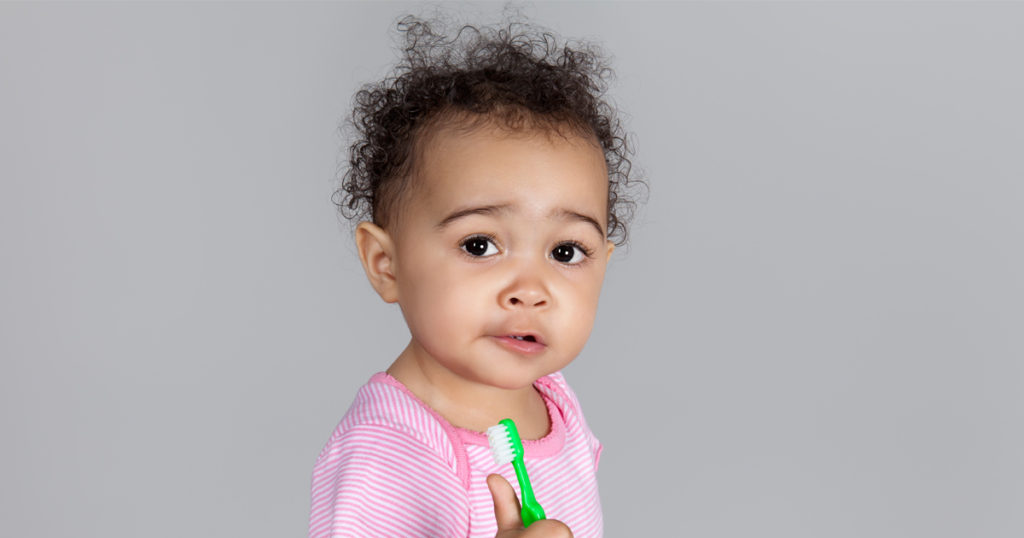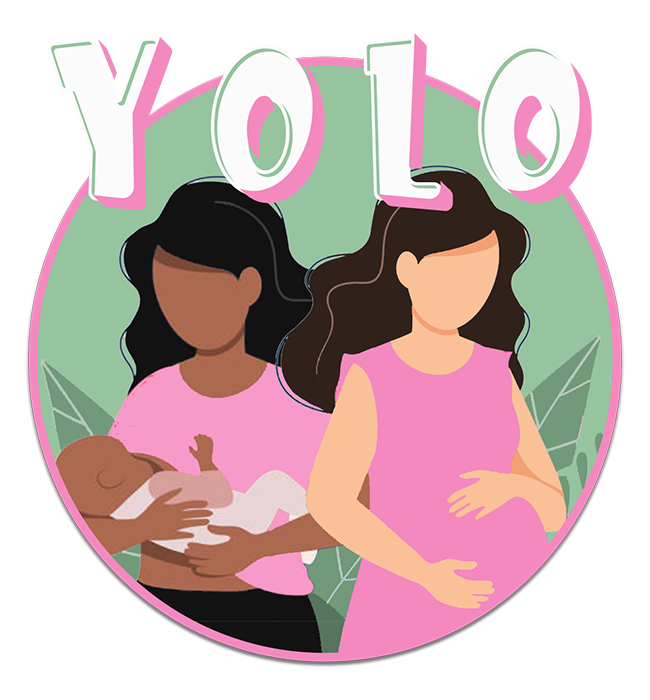
Congratulations, new mommy! You are embarking on one of the most amazing journeys in life. It can also be one of the scariest times, and you want to be well informed so you make all the right decisions. I get it because I’m a mom, too. That’s why I take pregnancy dental care seriously.
It can be difficult to sort through all the information available on the internet, and with so many different voices, searching out facts from myths is often downright impossible. One great way to do that is by joining some programs for new mothers who breastfeed, and finding mentors who have been through it all.
This article is meant to address the top 3 most common myths associated with breastfeeding and your oral health. Regardless of how these myths got their start, they are problematic because of their inaccuracy. The good news is that it means you don’t have to worry about these issues anymore!
Breastfeeding Causes Tooth Decay
This myth always makes me laugh a little bit because it’s actually the opposite of the truth. Breastfeeding does not cause tooth decay in either moms or their babies. Let’s take a look at the actual reasons behind this myth.
Babies and Tooth Decay
Babies can get cavities, so oral hygiene is really important, but according to the NIH, who has conducted several studies on the issue, they won’t get it from breastfeeding. Actually, bottles are more of a risk factor to cavities than breastfeeding. Letting a baby sleep with a bottle of milk can cause baby bottle mouth.
Before bottles existed, all mothers used breastfeeding for their children. Dental decay in baby teeth was extremely rare despite more primitive methods of oral hygiene. Drs. Brian Palmer and Harold Torney conducted extensive studies of the effects of prolonged breastfeeding on tooth decay in children and found no correlation.
A major factor in bottles causing tooth decay is because when liquid flows out faster than a child wants to drink it, the milk, which contains sugars, will pool inside the baby’s mouth and rest among their teeth. Breast milk doesn’t do this because the milk only flows out of a mother’s breast when the baby is actively sucking it. Another factor is that milk from a breast comes into the mouth behind the baby’s teeth, and actively sucking involves swallowing, so the milk never has a chance to touch the teeth.
What really causes the decay? Research shows that decay is a result of other foods in a baby’s diet. When sugar is added to milk and food, it causes tremendous amounts of decay in young children and babies. This means that oral hygiene is incredibly important – especially for children who are at risk of developing cavities due to weaknesses in their enamel.
Mommies and Tooth Decay
Another side of this myth says that breastfeeding your baby will lead to your own teeth decaying. This myth suggests that the baby is sucking away your calcium along with breast milk. This is a physical impossibility, so you don’t need to be concerned about that.
The real reason that new moms are at an increased risk for cavities, has more to do with their routine than anything else. You are rearranging your entire life around this new baby, who needs all your care and attention. Often, new moms will forget that they still need some self-care.
When you change your oral hygiene routine and forget to regularly brush and floss, you’re at an increased risk. Likewise, when the baby wakes you up in the middle of the night you’re likely to grab a little midnight snack and be too tired to brush and floss after you’ve changed diapers and nursed.
Some moms have trouble producing enough milk for their babies. Special diets can encourage milk production, but the problem with this is that these lactation cookies contain a lot of sugar as well as the necessary ingredients to boost milk production. Sugar increases the risk of cavities.
Protect yourself from this problem by joining some support groups and connecting with moms who can offer you some advice and time off when needed!
Prolonged Breastfeeding Rearranges Teeth
Some critics of breastfeeding will tell moms that it’s okay for babies, but once teeth start coming in it’s time to switch away from that method. They will scare moms by telling them that breastfeeding will rearrange the teeth into less than ideal arrangements.
The truth is that this claim is also a physical impossibility. Breast tissue is soft, and it actually forms to the shape of your child’s mouth, not the other way around. In fact, the rigid structure of pacifiers and bottles are more likely to push against your baby’s teeth and rearrange them over time. Genetics has more to do with mouth structure than breastfeeding.
Pregnant Moms Shouldn’t See a Dentist
Another myth is that pregnant moms should wait to see a dentist until after they have finished having a baby and breastfeeding. This is an extremely dangerous myth because in some emergencies, like with abscesses, waiting to see the dentist can actually cause your bloodstream to get infected and prove detrimental to both you and your child.
Dentists are trained in a variety of procedures. We can recognize the special needs of our pregnant patients and recommend medications and treatments that will not adversely affect their children.
